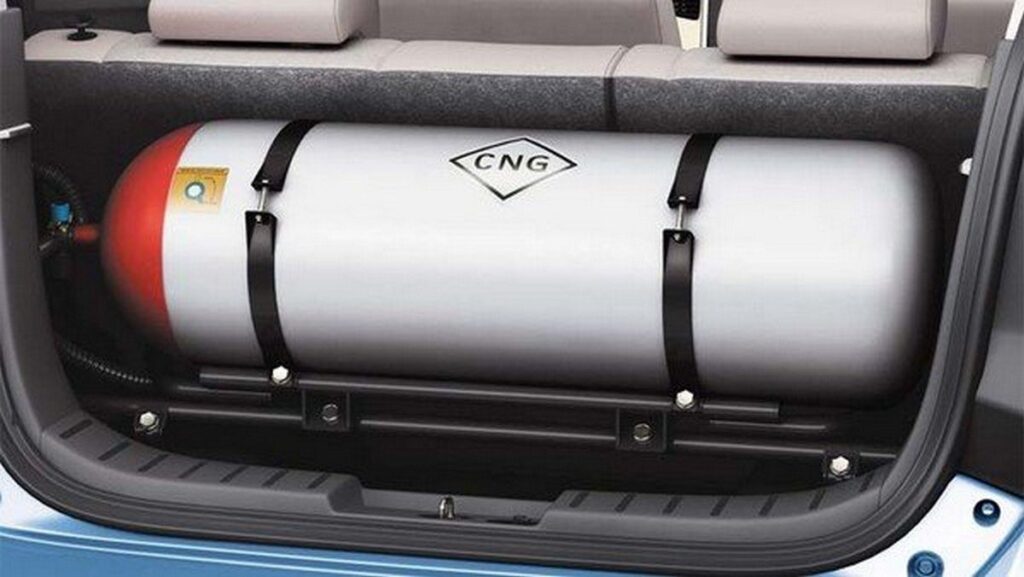- Your cart is empty
- Continue Shopping

‘We are seeing massive demand, investment in CNG’ – CEO P-CNG
With the recent increase in the pump price of the PMS, so many Nigerians are looking forward to the alternative, which is the compressed natural gas (CNG).
What can you do to accelerate the development of CNG in Nigeria?
Definitely, we recognise and we feel the pains of Nigerians. Mr. President himself understands that any reform comes with substantial pain. And he is determined to ensure that the pain that Nigerians feel at the pump is reduced by helping us to lead this transition to a cheaper, cleaner, safer, more reliable fuel in compressed natural gas. And to do that, we also know that even though there are realistic challenges, for example, we know that it takes time to roll out CNG vehicles. What we did on our side was that CNG vehicles will have taken 15 to 18 months to manufacture from abroad, bring to Nigeria logistics delivery. The routes are blocked as a result of geo-political crisis like the one between Israelis and Palestinians and Hezbollah in the Strait of Hormuz and Suez Canal.
We recognise those things and limit delivery of those buses to Nigeria. So what we did was we partnered with local manufacturers in order to accelerate the delivery period. Now they are being delivered in nine months instead of having to wait for 18, maybe even 24 months to have them delivered because they are not made off the shelf.
So we are taking steps already to accelerate delivery in the way we design the programme and in the manner our approach to programme delivery. Another thing is the area of conversion centres. This time last year the country had just seven conversion centres and we promised that we were going to deliver at least 100 of them this year. So already we have well over 125. The president himself at the beginning of this programme and more recently has said that his aim is to have one million Nigerians converted to CNG for free. If they are commercial vehicles or they are ride shares.
These vehicles are responsible for 90 per cent of conveyance of passengers in Nigeria every day. Mr. President has committed to the programme and is funding the programme. Naturally, any new technology takes time for it to take off. An average conversion centre in Nigeria today does maybe one conversion every two days. As they get used to it, we are introducing training. We are partnering with these conversion centres as new ones open up so that they can learn how to do the conversion in a more seamless way.The availability of gas is still a challenge, especially at the conversion centre because once they convert, they need to top up with gas in order to calibrate. We are working with the private sector to come up with innovative solutions like the mobile refueling units, working with NMDPRA to get permits around this on their technical adaptation process. So these are many steps that we are taking to accelerate the adoption of the programme.
Source: thenationonline.com
